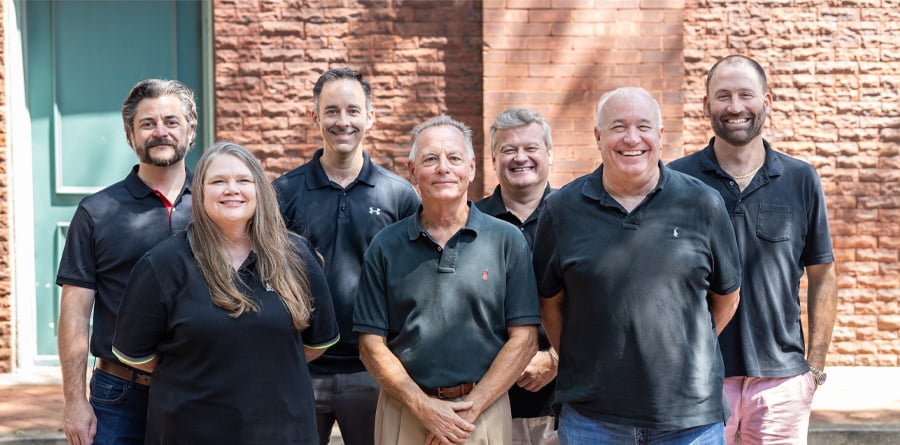According to one researcher, there are 13 million misdemeanor cases each year that pass through U.S. courts. With so many cases to deal with, judges and prosecutors put pressure on public defenders to resolve them as soon as possible. In many cases, the defendants are black or poor. Statistics show that white people are 75 percent more likely to have charges that could result in jail time dismissed or reduced.
The justice system can be expensive for those who don’t have a lot of money. For instance, it may be necessary to pay for drug tests, supervision or DNA tests. Defendants may also be unable to make bail, which results in waiting several days in jail before being able to see a judge. Fines and other costs could also be difficult to pay.
Reform efforts are underway across the nation in an effort to reduce the number of misdemeanor cases. In some cases, authorities are declining to take people into custody for certain offenses. Prosecutors may decide not to accept a case involving a low-level offense. There have also been efforts to decriminalize certain actions.
Anyone who faces a criminal charge has the right to obtain legal counsel. This will generally make it easier for a defendant to assert his or her legal rights. In some cases, an attorney might have evidence suppressed or take other steps to obtain leverage in a criminal proceeding. This may allow a defendant to ask that a case be dismissed. It could also result in a plea that doesn’t require spending time in jail or prison.



